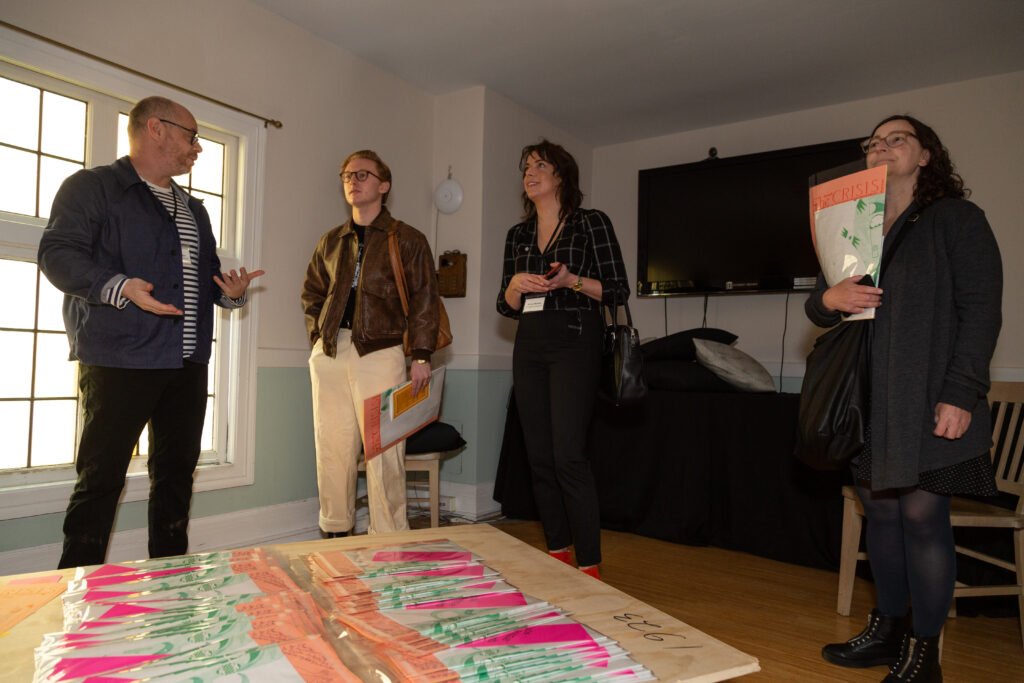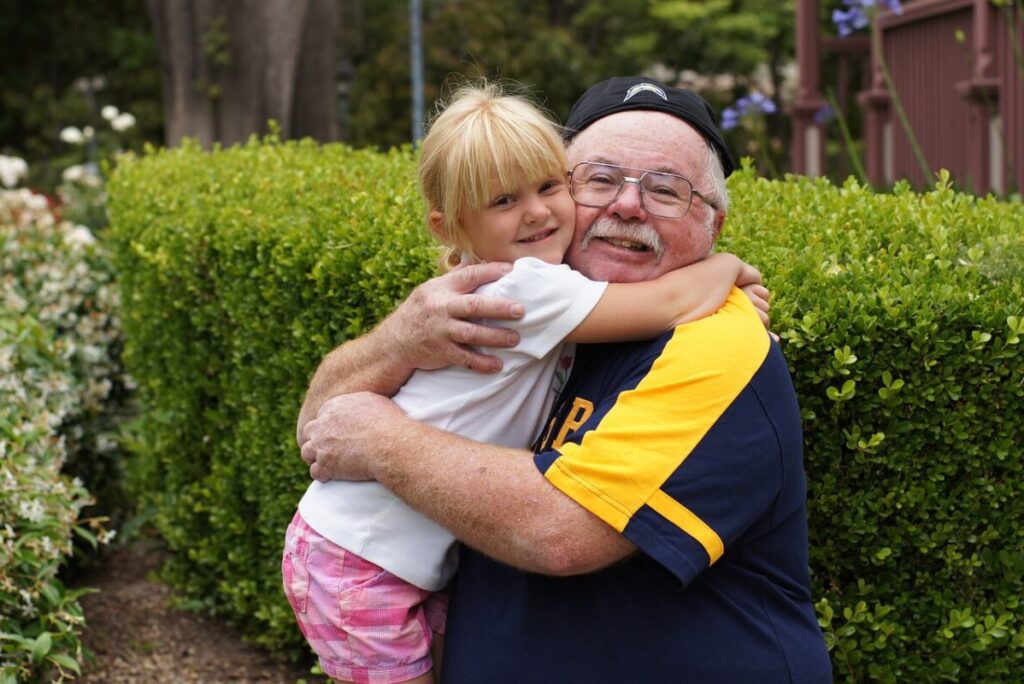Part of Our Ongoing Series on Topics of Concern to Seniors
As our numbers continue to grow, it is vital to create opportunities for senior citizens to stay active, engaged, and contribute to society. Volunteer and community engagement programs offer a multitude of benefits for us, including physical and mental well-being, social connections and a sense of purpose. These programs also have a positive impact on communities, fostering intergenerational connections and addressing a variety of societal needs.
So what are some of the benefits?
Well, physical and mental well-being are big ones. Regular engagement in volunteer activities promotes physical activity. This can reduce the risk of many chronic diseases.
They can also stimulate cognitive function and so promote mental health. What’s more, seniors involved in community engagement programs experience a sense of fulfillment and purpose. All of these work to the benefit of everyone involved.
Social connections are also a significant benefit. Volunteer opportunities can provide us with the chance to meet new people and build new friendships. Engaging with others in our community reduces social isolation and loneliness. To top it all off, Interacting with people of all ages fosters intergenerational relationships and mutual understanding.
And our communities benefit as well. When we volunteer, we contribute our skills, knowledge, and experience to address community needs. Our involvement can promote positive change, strengthen community bonds, and address important social issues. This is the sort of thing that can help create a more inclusive society. Everybody wins.

And What Are The Challenges?
One significant challenge we might face when participating in community programs is accessibility and transportation.
Ensuring that volunteer opportunities are easily reachable and have appropriate transportation options is essential for broadening our engagement.
Tailoring volunteer activities to accommodate varying health conditions is also important. Let’s face it: some of us face physical limitations. My double hip-replacement may be as close to a medical miracle as anything I’ve ever witnessed, but my marathon-running days are pretty over. (Not that I ever did all that much running, but you know what I mean.) Therefore, these programs should offer a range of opportunities that consider these constraints while at the same time ensuring our meaningful participation.

The changing times present their own challenges. When I was growing up in northern Wisconsin, all of my friends looked pretty much like me. Now that I live in Washington DC, I am blessed with a wide variety of friends who span the spectrum of our entire human family.
As American demographics continue to evolve, we may need to adapt senior volunteer programs so as to improve inclusiveness and cultural sensitivity. Understanding the diverse backgrounds and interests of seniors is pivotal in creating programs that resonate with a broad spectrum of our aging population. We will all be better for it.
* * * * * * * * * * * * *
So there you have it. Volunteer and community engagement programs offer numerous benefits, both to seniors and the communities we serve. By participating in opportunities like these, we not only empower ourselves but also stale our claim as valuable contributors to our communities. Cheers to our golden years!
By Steven Roberts




